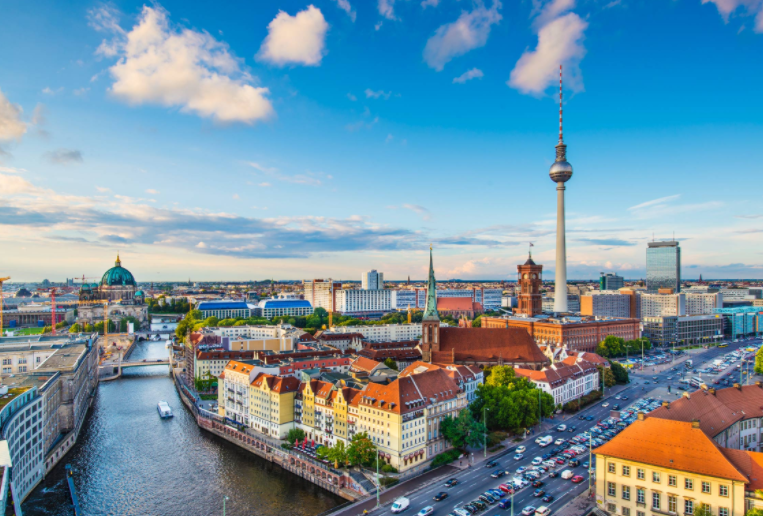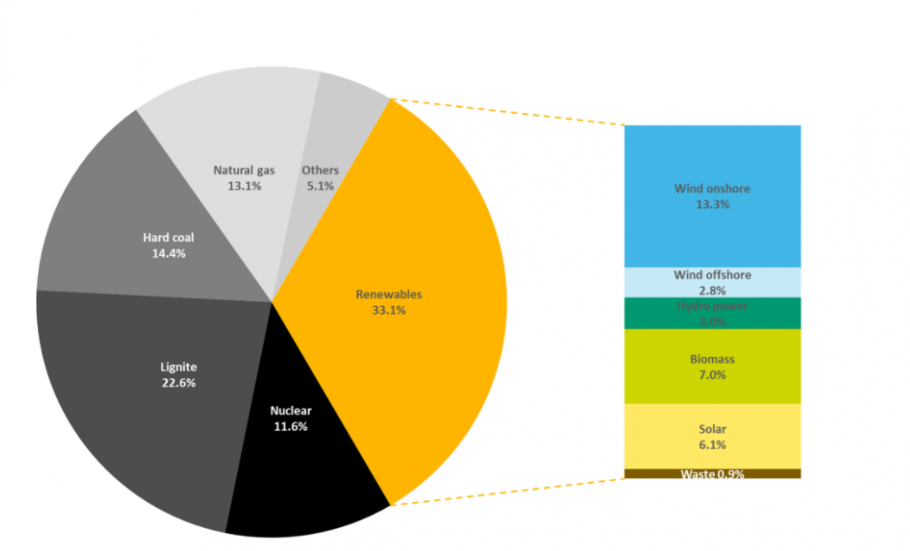Germany to break new record in renewable energy production
New data has shown that renewable energy has provided one-third of Germany’s electricity this year, with wind energy becoming the third largest electricity source surpassing natural gas and nuclear energy.

New data has shown that renewable energy has provided one-third of Germany’s electricity this year, with wind energy becoming the third largest electricity source surpassing natural gas and nuclear energy.
The Association of Energy and Water Industries (BDEW) published its preliminary calculations for 2017, where it revealed that renewable electricity generation grew to a record 33 percent, contrary to the 29 percent share in 2016.
Stefan Kapferer, Chairman of the BDEW, said: "The figures show impressively that there is already an accelerated shift in power generation from CO2-intensive to low-carbon and almost CO2-free energy sources."
He added: “The energy industry is clearly on course with regard to energy and climate targets: our industry is able to reduce CO2 emissions by 40 percent by 2020 compared to 1990”.
In addition, the gap between coal and renewables in Germany’s power production fell from 11 to under 4 percentage points in just one year. According to the association’s calculations, the share of coal in the country’s electricity generation mix fell from 40.3 percent in 2016 to 37 percent in 2017.
Source: BDEW 2017 estimate- graph from Clean Energy Wire
“The reduction of coal-fired power production is in full swing”, Mr. Kapferer told journalists in Berlin, stressing that the declining trend is certain to continue over the next years as “nobody is investing in hard coal plants any longer”.
According to current figures from the Federal Network Agency, six coal-fired power plants were shut down in 2017. However, he warned that if policymakers do not invest drastically in renewable energy generation and low-emission natural gas power plants, the phasing out of coal and lignite power plants will create a steep shortfall of available energy in 2023.
Finally, he warned that the transportation sector needs to increase its contribution to the national emissions reduction targets, stating that if Germany fails to meet its 2020 goals, the transport sector would be the “the main culprit”.





